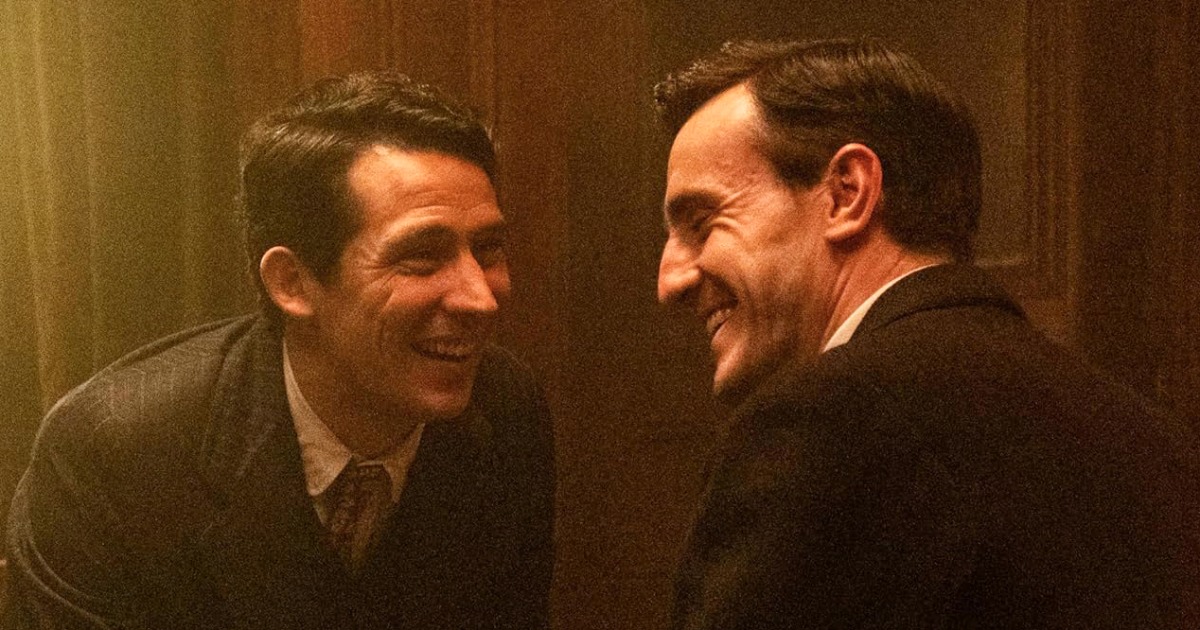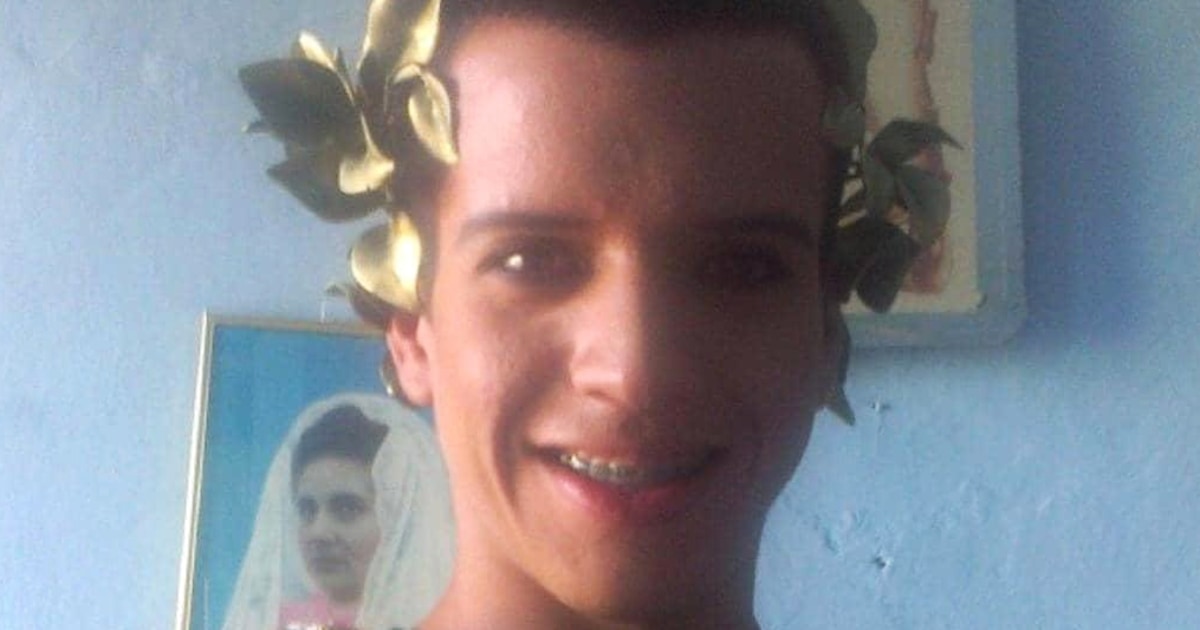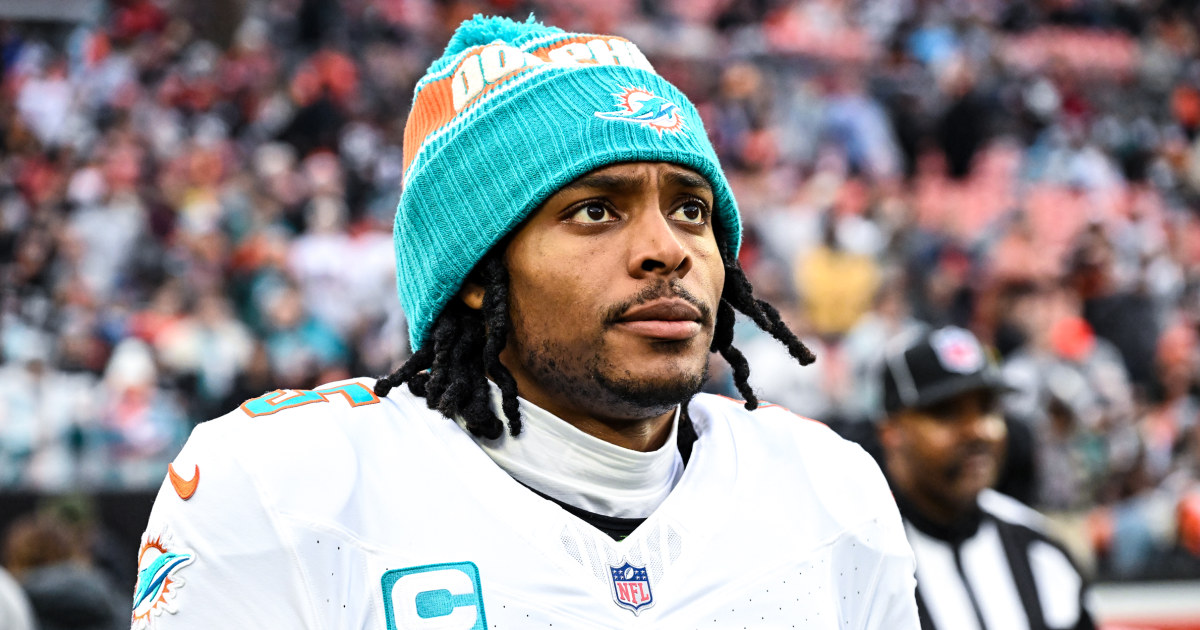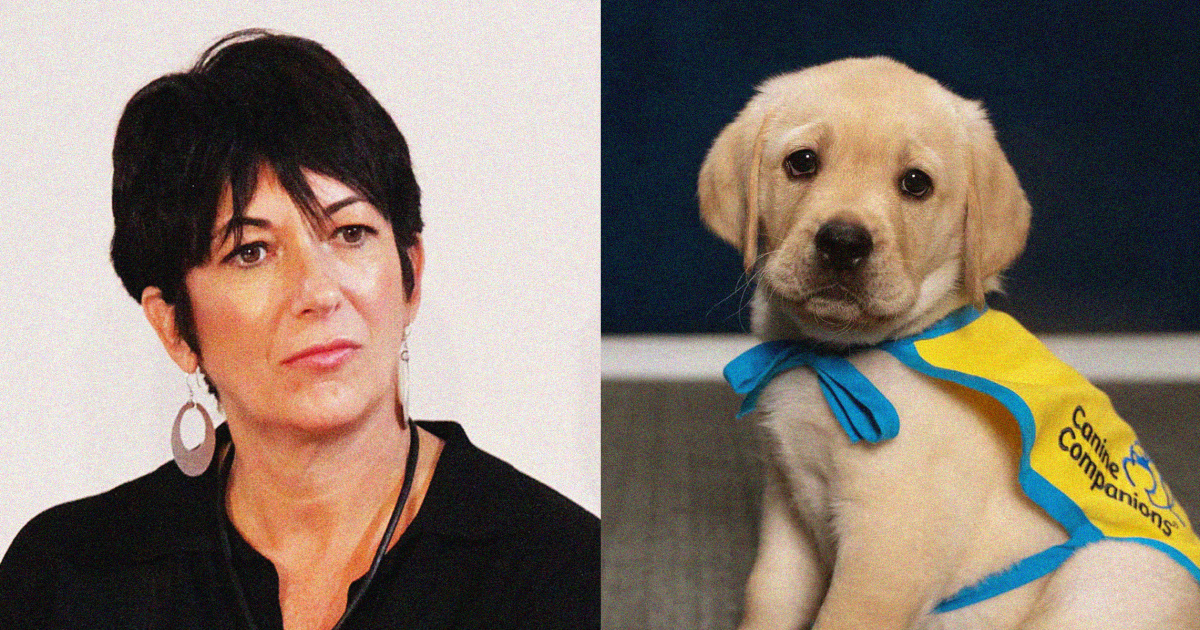“What if your first love is your greatest love — and your last love?” That is the question at the heart of “The History of Sound,” the new historical romantic drama starring Paul Mescal and Josh O’Connor, which premieres Friday in theaters.
Directed by Oliver Hermanus and adapted by writer Ben Shattuck from his own short story of the same name, the film explores the impact of a fleeting romance between Lionel (Mescal) and David (O’Connor), two Boston Conservatory music students who meet at a piano bar in 1917 — where Lionel overhears David singing a song from his youth — and quickly fall for each other. Several years later, after serving in World War I, David asks Lionel to join him on an impromptu trip through the backwoods of Maine to collect traditional folk songs in order to preserve them for future generations.
“What I find so interesting about the film is it’s not that trope of, man walks into a bar, looks across the bar, sees somebody who he fancies, and they fall in love. It’s the opposite. You see the back of David’s head, and you see the back of Lionel’s head, and the script explained to us that these are two people who met through sound,” Mescal told NBC News in a joint interview with O’Connor. “It’s not one of physical chemistry, initially; it’s one of intellectual and artistic chemistry.”
O’Connor described the characters’ relationship as an “outward-looking” romance and said he was drawn to the way “their entire relationship is seeking other stuff to add to it.”
“The adventure that they go on is all about inviting other people into their world,” he said. “It’s a very selfless romance in that sense, so I think that was something that I hadn’t seen in a film before, and that felt really a different way of telling a love story.”
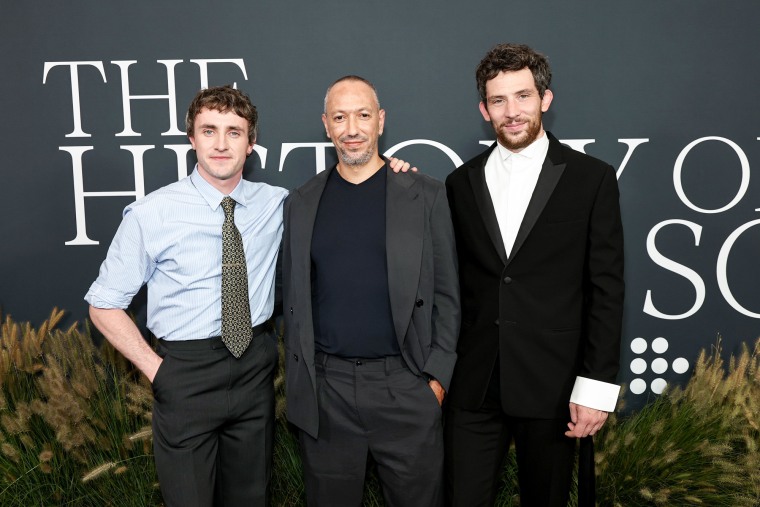
Even decades after they part ways, Lionel is constantly drawn back to his memories of his brief time with David. For Hermanus — whose past films “Beauty” (2011) and “Moffie” (2019) have examined the brutal, “political side of queerness” in his native South Africa — “The History of Sound” represented an opportunity to tell a sweeping gay love story that he would want to watch.
“Life should be full of longing and remembrance,” he said. “There should be a dramatic element to life where things don’t always work out the way that you expect, but there’s this cherishing of the things that you have, the things that you experience. I think that’s a very realistic or very poetic way of seeing one’s life.”
The filmmaker was particularly insistent about crafting a central romance that runs counter to depictions of same-sex relationships during that era, which were often characterized by danger and secrecy. Lionel and David never explicitly label their relationship, and their romance exists in somewhat of a bubble.
“The greater political act of making a film like this is to not give the politics any oxygen,” Hermanus said. “The great liberation here is that the film is itself, and the characters are themselves without explanation.”
Mescal and O’Connor first met early during the Covid-19 pandemic, when their mutual agent offered to set them up on a Zoom call. Mescal was just coming off the success of “Normal People,” while O’Connor was in the middle of a two-season run as Prince Charles on “The Crown.” The actors immediately bonded over a similar taste in actors, films and directors, and they subsequently signed on to “The History of Sound” separately. The film faced numerous delays — first with financing, and then with the pandemic and dual Hollywood strikes. But even as their profiles rose, both actors remained committed to making the film.
“We were weirdly lucky that the film took as long as it did to make, because it didn’t mean that we had to do a crash course in friendship in the weeks leading up to shooting. It was just something that naturally evolved over five years,” Mescal said. “We entered it at the perfect point where we really knew each other and liked each other, and then I think we fell in love with each other making it.”
Because the film took so long to finance and make, Hermanus said, he “was able to observe the kind of closeness” his leading men had.
“What they really have as Paul and Josh is a kind of very brotherly love, which is about pranks and foolery, and that was kind of the energy we had on set,” he said.
That playfulness was a way for the actors to offset the quiet grief and heartache of the story. In the final act of the film, Lionel discovers that the “very passionate music-loving person” he fell in love with “has been dimmed by the trauma of war,” Hermanus said. “That song-collecting trip does become the blooming of their relationship, but it also becomes the foreshadowing, because by the time they meet up on that trip, they’ve changed.”
“The way David sees the world is so pure and so joyful, and he’s like the purest optimist. Ultimately, this whole adventure is about and for his love of music; it’s also for his love of Lionel. It’s him making space for them to be able to experience something that they love together in the most pure and exciting way,” O’Connor added. “The sadness that goes alongside that is that we discover that behind that kind of wide-eyed optimism is a sort of intrinsic sadness, and that’s the pain of the movie. Seeing that through Lionel’s eyes retrospectively, that’s what’s so powerful.”
Neither Mescal nor O’Connor is a stranger to telling bittersweet gay love stories: O’Connor broke out in 2017’s “God’s Own Country,” while Mescal cemented his status as one of Hollywood’s rising leading men in 2023’s “All of Us Strangers.” Both actors, who have admitted to having mixed feelings about the subject of whether straight actors should play queer characters, say the conversation is an ever-evolving one.
“It’s a conversation that’s definitely evolved since I’ve been in drama school to now, and I’m very grateful for it, because I would never want to be just only able to play things that feel close to me, and it’s not that sexuality is the defining factor. In fact, I feel closer to a lot of the characters that are gay than the ones that are straight. It’s not to do with that,” Mescal said. “I don’t think it’s exclusive to the gay men that I’m playing. I think it’s probably something that I’m drawn to tonally across the sexuality of the characters that I play.”
Hermanus said his approach to casting roles has always been tied to the connection that he builds with an actor and their talent, rather than their personal identity.
“As a filmmaker, I would hate it if somebody only offered me queer-based work because I’m a queer person,” he said. “I want the freedom to be able to tell stories in any way I can within reason of representation. So I think any artist wants the freedom to interpret, and I don’t like the idea of being denied in that way.”
O’Connor said when he’s approaching any role, the starting point is like, “‘What can I draw from my own life into these characters?’ And sometimes, there are aspects of a character that are a stretch, and sometimes there’s not.” He added that there’s so much in the character of David that resonated with him.
“I really remember reading that short story the first time. It hit me so hard. The duality of fear, love, grief, and the sort of optimism with a sort of undercurrent of sadness — that would just rip my heart out,” he said. “So I just think we are so fortunate to get to play diverse roles in our career.”

